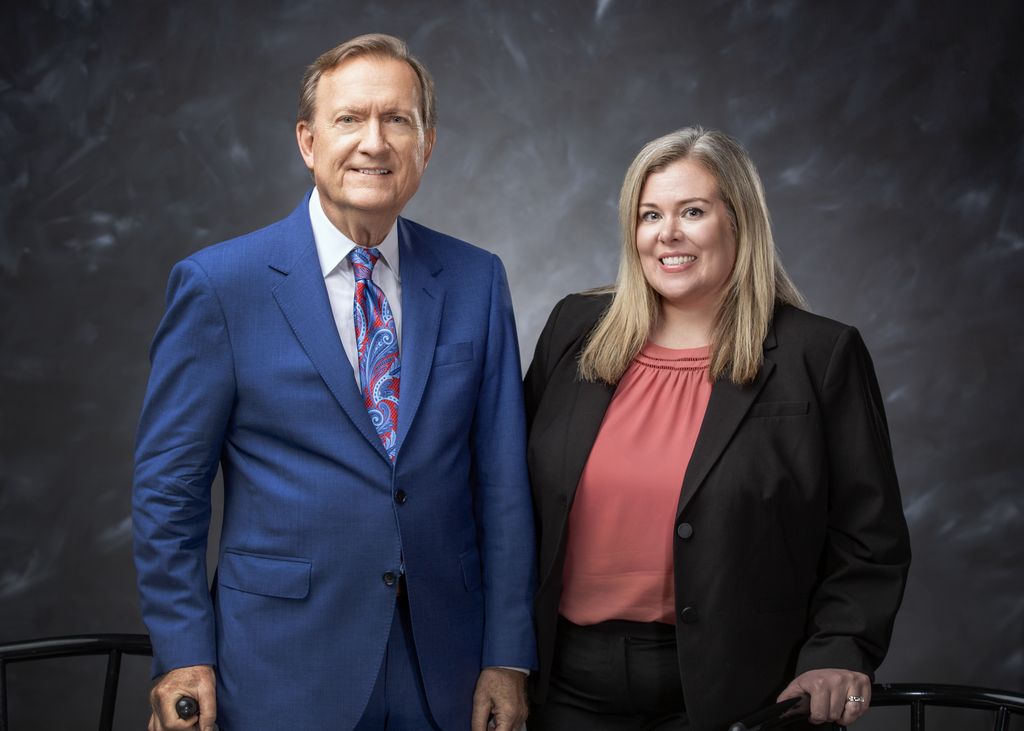
6 Reasons Why Assisted Living Negligence Goes Unreported
Negligence in nursing homes and assisted living facilities is a nationwide problem. Unfortunately, cases of elder abuse are reported far less often than they should be. According to the National Council on Aging, up to five million elderly are abused every year in the United States, with only around 1 in 24 cases potentially reported. The reasons for not reporting abuse range from fear and the inability to communicate to lack of support and isolation. Read on to learn more about why fewer cases of elder abuse are reported.
1. Fear of Retaliation
One of the primary reasons seniors hesitate to report abuse is the fear of retaliation. Victims worry about the consequences of reporting their abusers, especially when they see these individuals daily. This fear is not unfounded; seniors may face worse treatment, further isolation, or even threats to their well-being as a form of retribution. Such fears contribute to the silence surrounding elder abuse, significantly impacting how many cases of elder abuse are reported.
2. Lack of Awareness and Understanding
A significant barrier to reporting is a lack of awareness and understanding among seniors about what constitutes abuse and their rights. Many do not know the signs of abuse or neglect, nor do they understand the mechanisms in place for reporting such incidents. This knowledge gap plays a crucial role in why elder abuse happens and remains unchallenged. Education and awareness campaigns are essential in bridging this gap, ensuring seniors know when and how to seek help.
3. Communication Barriers
Communication barriers, including physical disabilities, cognitive impairments, or language differences, can significantly hinder a senior’s ability to report abuse. These barriers make it challenging not only to articulate their experiences but also to understand the reporting process.
4. Emotional and Psychological Factors
The emotional and psychological impact of abuse cannot be understated. Shame, embarrassment, and a fear of not being believed are potent factors that discourage seniors from reporting abuse. These feelings are deeply ingrained and often linked to the causes of elderly abuse, where victims feel powerless or unworthy of care and protection.
5. Dependency on Abusers
The dependency on abusers for care, companionship, and basic needs creates a complex dynamic that makes reporting abuse exceptionally challenging. This dependency can lead seniors to rationalize or minimize the abuse, fearing that reporting it could lead to losing their only source of support.
6. Social Isolation and Lack of Support
Social isolation significantly exacerbates the underreporting of elder abuse. Many seniors find themselves cut off from friends, family, and social networks, either through the actions of their abusers or due to mobility and health issues. This isolation leaves them feeling that they have no one to turn to.
Moving Forward
Addressing the causes of elderly abuse and removing the barriers to reporting are critical steps in changing this narrative. It’s a collective responsibility to protect our elderly population, ensuring they live their later years with the dignity, respect, and safety they deserve.
If you have questions about elderly abuse causes or concerns about a loved one’s safety, reach out to The Law Firm of Carlton F. Bennett, PLLC. We have years of experience representing victims of elder abuse and their families and can help you understand your loved one’s legal rights.
Contact Us
Contact us today for a free initial consultation.

